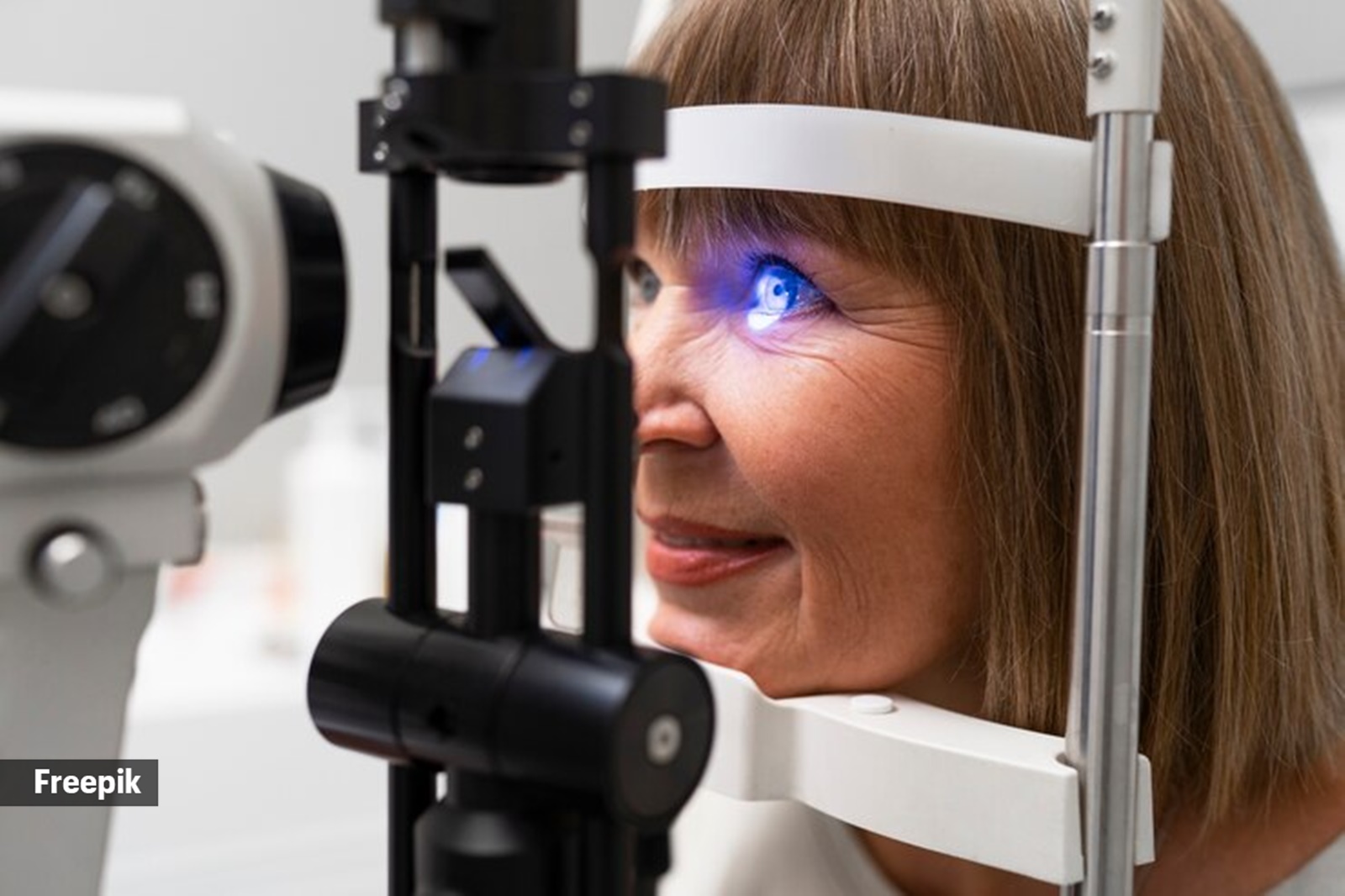Derived from the seeds of the Ricinus communis plant, castor oil has been appreciated for its myriad benefits not only for hair and skin but also for general health.
But, is castor oil beneficial for the eyes?
Australian alternative healthcare promoter Barbara O’Neill mentions in a reel that castor oil can be used on the eyes. “It can help break down cataracts and prevent and help glaucomas,” she claims.
She suggests putting one drop of castor oil on your finger and wiping it over your eye and letting it penetrate. She says that within an hour, the oil will absorb through your eyelids.
Dr Navya C, senior consultant opthalmologist at Athreya Hospital, however, disagrees with O’Neill. “There is no scientific evidence to support the claim that castor oil can break down cataracts. Cataracts are a clouding of the eye’s lens, typically treated surgically by ophthalmologists. The idea that castor oil can dissolve cataracts is not backed by clinical research or accepted medical practices,” she warns.
Similarly, she says that there is no credible evidence to suggest that castor oil can prevent or treat glaucoma. Glaucoma involves increased intraocular pressure that can damage the optic nerve, often managed with prescription eye drops, laser treatment, or surgery, not with castor oil.
Scientific evidence supports the purported benefits of using castor oil for eye health
“The use of castor oil for eye health lacks substantial scientific backing,” Dr Navya says. Most available studies are anecdotal or derived from traditional remedies without rigorous clinical trials to confirm efficacy and safety specifically for the eyes.
Potential risks or side effects associated with applying castor oil directly to the eyes
Applying castor oil directly to the eyes can lead to complications such as eye irritation, allergic reactions, and increased risk of infection. “The eye is a delicate organ, and introducing non-sterile substances can be harmful,” she informs.
She cautions people to be very careful because without proper formulation and sterility, the use of castor oil on the eyes could lead to severe adverse effects, including vision impairment
 Treatment options for glaucoma include prescription eye drops, oral medications, laser therapy, and surgical interventions. (Source: Freepik)
Treatment options for glaucoma include prescription eye drops, oral medications, laser therapy, and surgical interventions. (Source: Freepik)
Alternative treatments or remedies recommended by ophthalmologists for cataracts and glaucoma
Dr Navya elaborates that the standard treatment for cataracts is surgical removal of the cloudy lens, replaced with an artificial lens. This procedure is widely regarded as safe and effective.
“Treatment options for glaucoma include prescription eye drops, oral medications, laser therapy, and surgical interventions to lower intraocular pressure and prevent damage to the optic nerve,” she adds.
Compared to using castor oil, these medically approved treatments are supported by extensive research and clinical trials demonstrating their safety and effectiveness.
While castor oil is popular in folk remedies and for its anti-inflammatory and moisturising properties, its use as a treatment for serious eye conditions like cataracts and glaucoma is not supported by scientific evidence. Patients are advised to consult with healthcare professionals and rely on established medical treatments for eye diseases.








